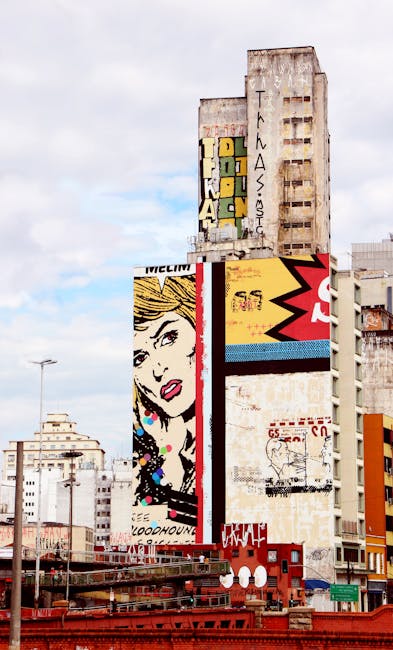


 São Tomé and Príncipe
São Tomé and Príncipe
Sao Tome and Principe is a small island nation located off the coast of West Africa. It is known for its stunning beaches, lush rainforests, and unique wildlife. The islands are home to a variety of endemic species, including the world's smallest ibis and the world's largest sunbird. Sao Tome and Principe also offers a variety of activities for travelers, such as diving, snorkeling, fishing, and bird watching. The islands are also known for their vibrant culture, with colorful festivals and traditional music. With its stunning natural beauty and friendly locals, Sao Tome and Principe is an ideal destination for those looking for a unique travel experience.
Activities: Hiking, Camping, Snorkeling
Landscapes: Islands, Beaches, Forests, Woodlands, Mountains, Rivers, Lakes
Topics: Nature, Wildlife, Food, History, Festivals, Adventure
Is São Tomé and Príncipe expensive?
São Tomé and Príncipe currency
DbSão Tomé and Príncipe dobra (STN)
Weather in São Tomé and Príncipe
Sao Tome and Principe has a tropical climate with temperatures ranging from 24-32°C (75-90°F) year round. The rainy season runs from October to May, with the heaviest rainfall occurring in December and January. The dry season is from June to September, with the hottest months being March and April. The islands are also subject to occasional cyclones during the rainy season.
Is São Tomé and Príncipe safe?
Crime
Sao Tome and Principe is generally a safe country to travel in. The crime rate is low, and most visitors experience no problems during their stay. Petty theft is the most common crime, so visitors should take precautions to protect their belongings. Violent crime is rare, but it does occur, so visitors should be aware of their surroundings and avoid walking alone at night.
Travel advisory
2.5/5Sao Tome and Principe has a current risk level of 2.5 (out of 5). We advise: Use some caution when travelling Sao Tome and Principe.Last updated: Thu Mar 23 2023
Health
Vaccinations
It is recommended that travelers to Sao Tome and Principe be up-to-date on routine vaccinations, including measles-mumps-rubella (MMR), diphtheria-tetanus-pertussis, varicella (chickenpox), polio, and influenza. Additionally, travelers should consider getting vaccinated for hepatitis A and typhoid.
Malaria
Malaria is a risk in Sao Tome and Principe. Travelers should take preventive measures to protect themselves from mosquito bites, such as using insect repellent, wearing long sleeves and pants, and sleeping under a mosquito net. Antimalarial medication may also be recommended.
Insect repellentOther Health Risks
Travelers should also be aware of other health risks in Sao Tome and Principe, such as dengue fever, chikungunya virus, Zika virus, schistosomiasis, and leptospirosis. It is important to practice safe food and water precautions while traveling.
São Tomé and Príncipe customs and etiquette
Greeting
When greeting someone in Sao Tome and Principe, it is polite to shake hands and greet them with a friendly 'bom dia' (good day) or 'boa tarde' (good afternoon). It is also polite to address people by their title and surname.
Dress Code
In Sao Tome and Principe, it is important to dress modestly. Shorts, tank tops, and revealing clothing should be avoided in public places. Women should also avoid wearing short skirts or dresses.
Gift Giving
When giving gifts in Sao Tome and Principe, it is polite to give something small such as chocolates or flowers. Gifts should be wrapped in colorful paper or fabric.
Table Manners
When dining in Sao Tome and Principe, it is important to use your right hand when eating. It is also polite to wait for the host to start eating before beginning your meal.
TP
Copyright 2023